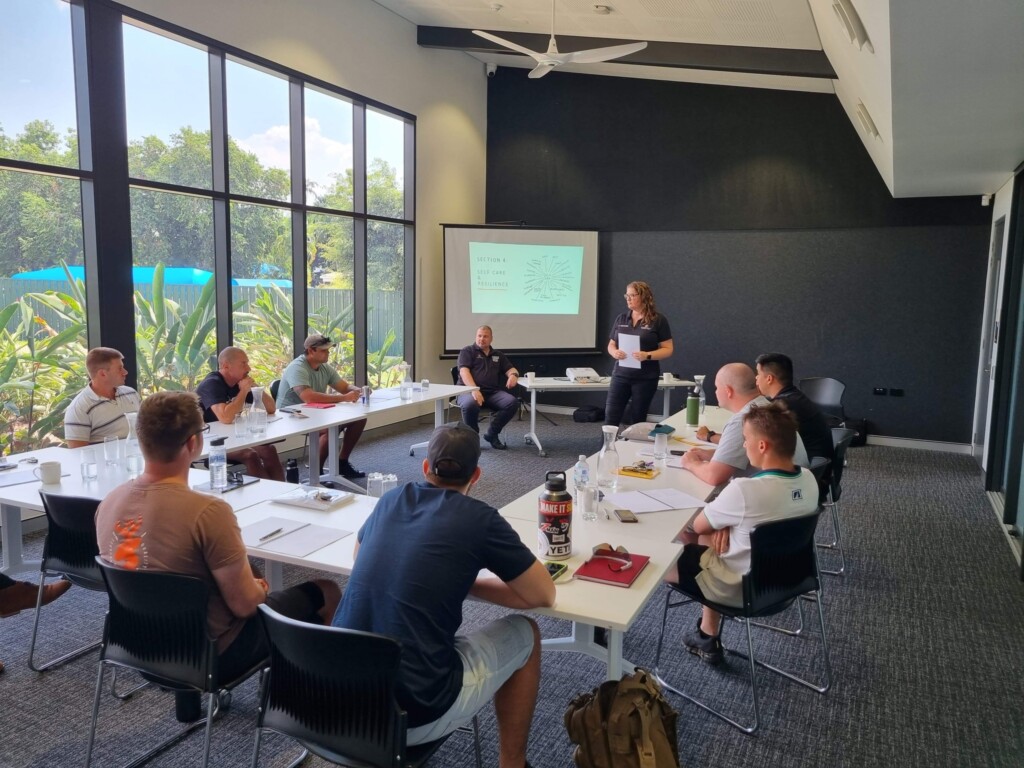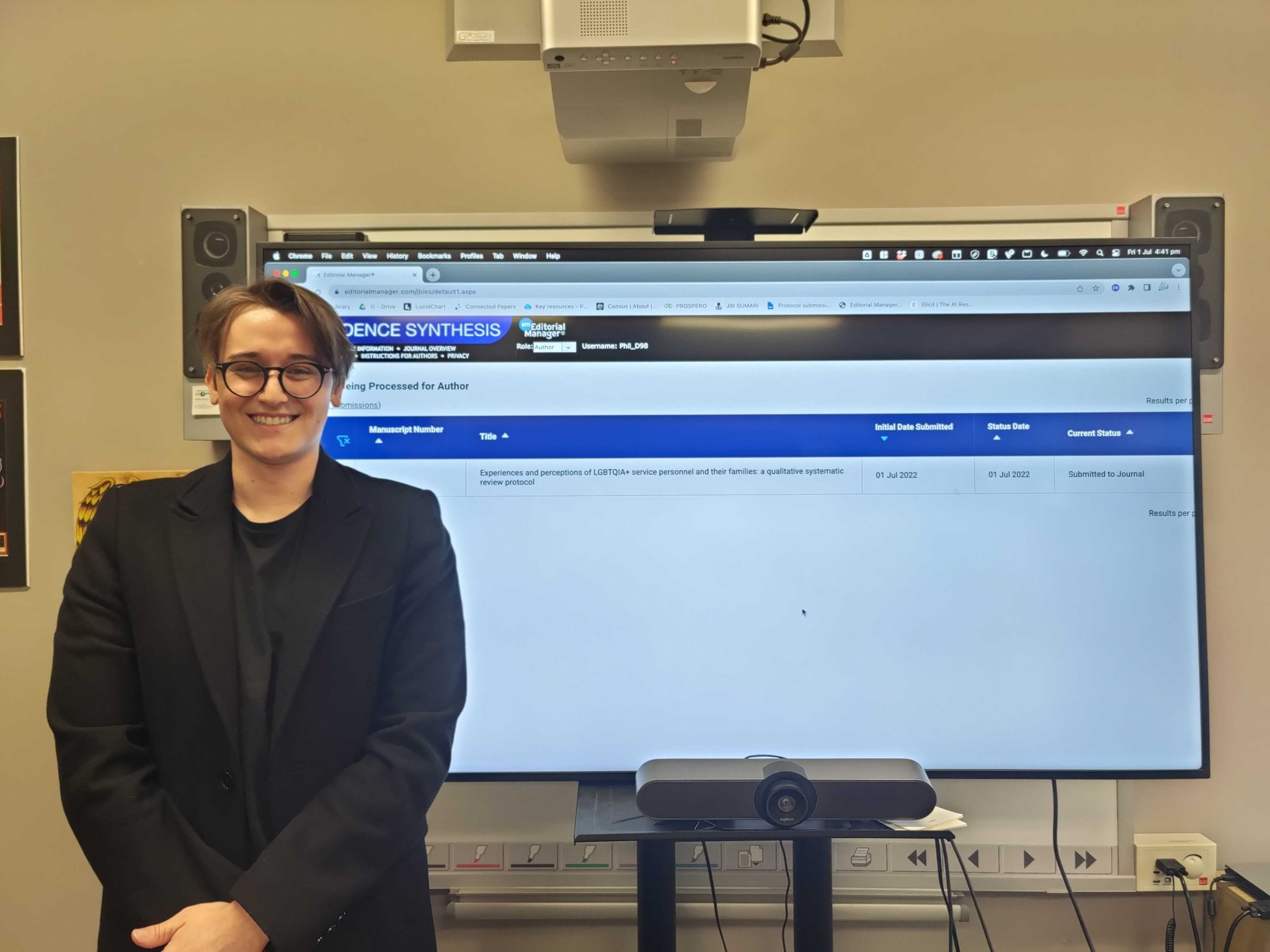Military and Emergency Services Health Australia ( MESHA) who is sponsoring Frontline 2023, have team members Karen May and Narelle Mason presenting on their lived experience research and programs at the Frontline Mental Health Conference 2023 in March.

Narelle Mason: Former Police Officer for six years followed by ten years in the Airforce is passionate about mental health and studied to become a counselor and facilitator of specialist lived experience programs to educate, reduce stigma and increase access to effective support. Narelle also has the experience as a serving parent of two children and being partner to a current ADF member, and the lifestyle that goes with this, as well.
Narelle is going to present at Frontline on the importance of lived experience and cultural competence when delivering programs to increase participation and retention in health services. Narelle will speak to the identity inherent in service and the training, values and experiences that shape service identity and sometimes present challenges in transition to civilian life post service. Narelle will also speak to how this identity can also impact psychological conditions such as post-traumatic stress disorder, early indicators of distress and practical culturally appropriate programs to prevent the progression of symptoms. Narelle will speak to the role of lived experienced practitioners and why they are not only effective but essential! Narelle is presenting on Monday, March 6th at 11.30am.
Karen May is the Associate Director of MESHA; a lived experience co-parent of a veteran and finishing a PhD examining the experiences of children of a military or emergency first responder parent with PTSD and has developed a program to support these children and parents. Karen will present on key findings about transmission of trauma in service families and the clinical, practice and policy implications of this study, including the importance of assessment of secondary trauma and cultural competency in service design.
Karen will also share the lessons learned in designing a program for children and parents which aims to support them with psychoeducation and skills to cope individuals and as a family, with a strong emphasis on practical self-care skills. Karen hopes that this program design will provide a model and platform for other researchers and practitioners to work with, and refine further, conducting further pilots in their communities of practice. Karen is presenting at 1.55pm on Tuesday, March 7th.
Their colleague Matt Newlands will be chairing some concurrent sessions and Honours student researcher Philip Dobek is also presenting on the Experiences and Perceptions of LGBTQIA+ Service Personnel and their Families Tuesday, March 7th at 10.40am.
We look forward to meeting and having great conversations with you all there!
